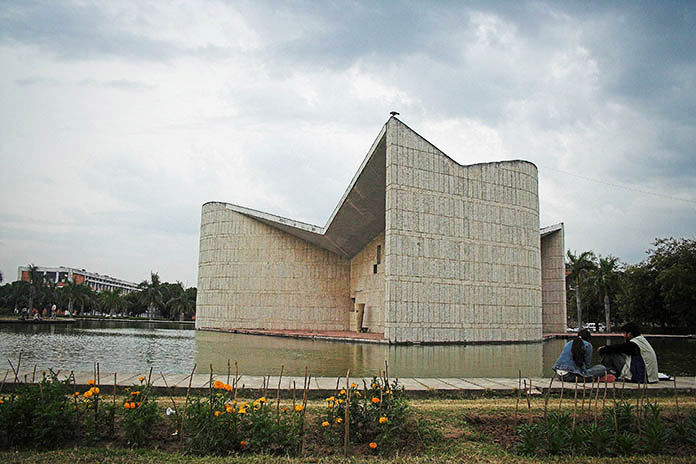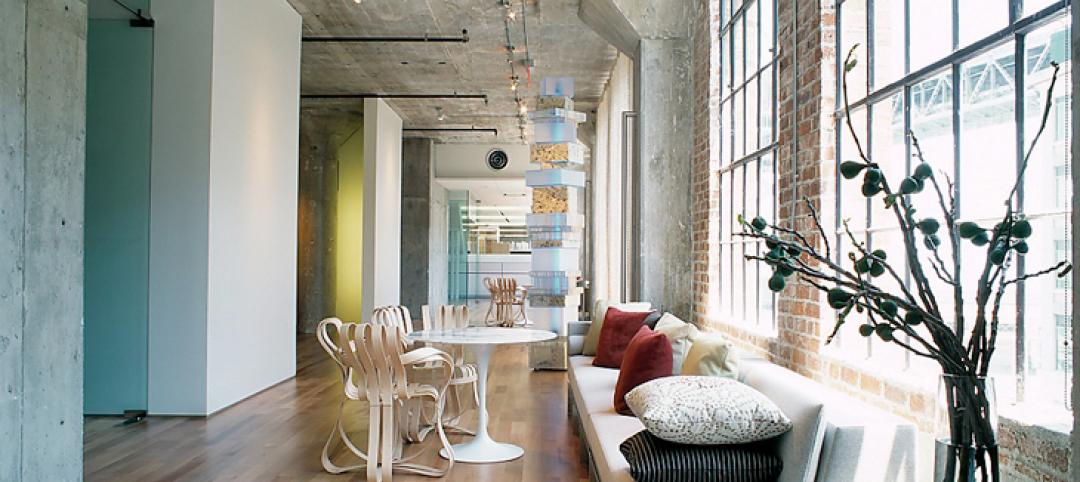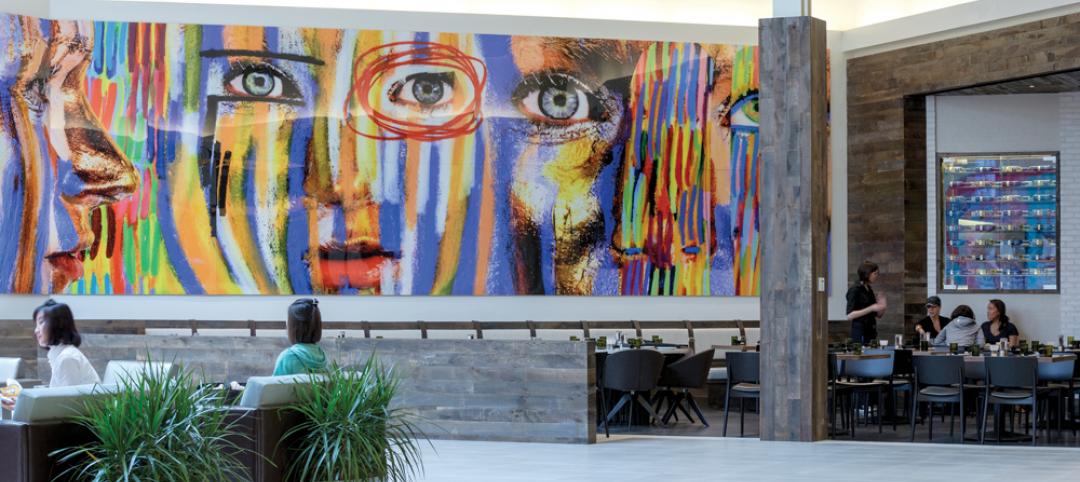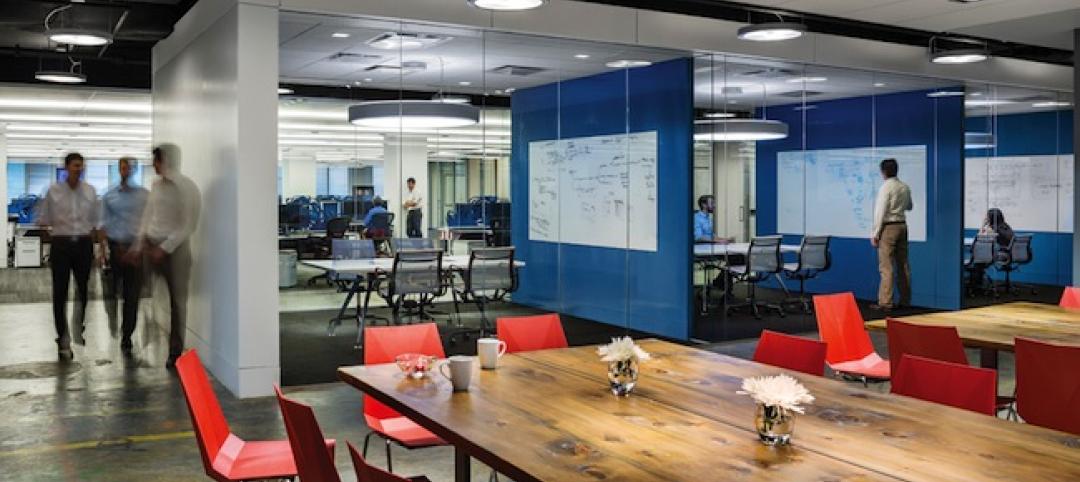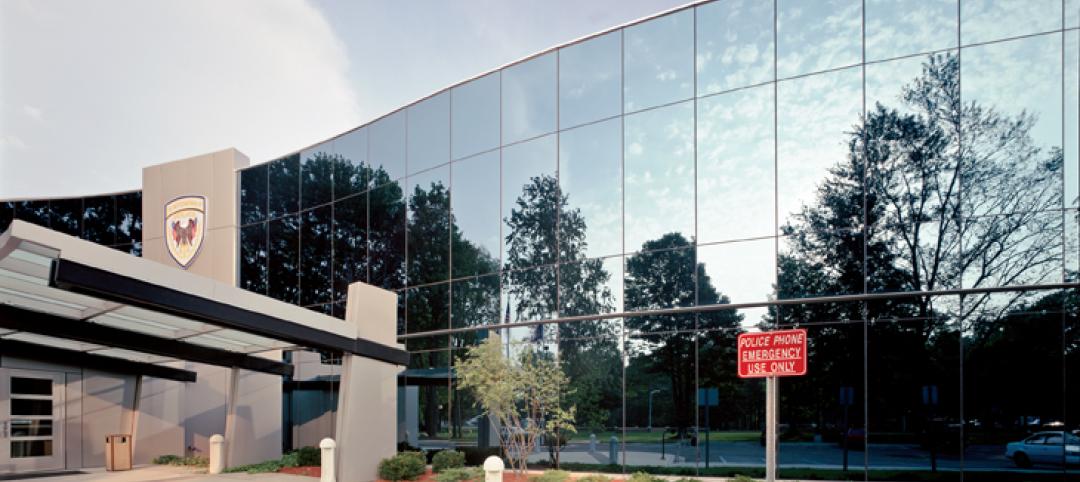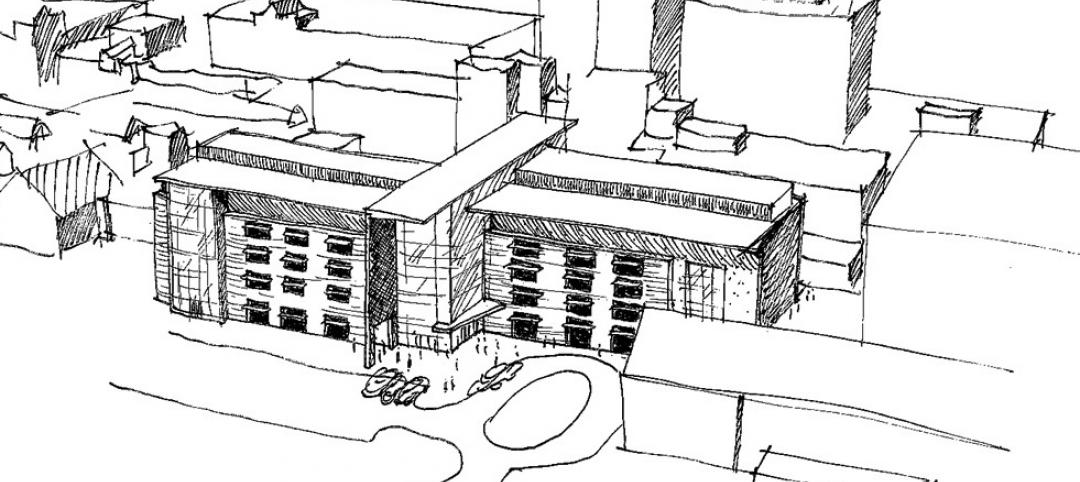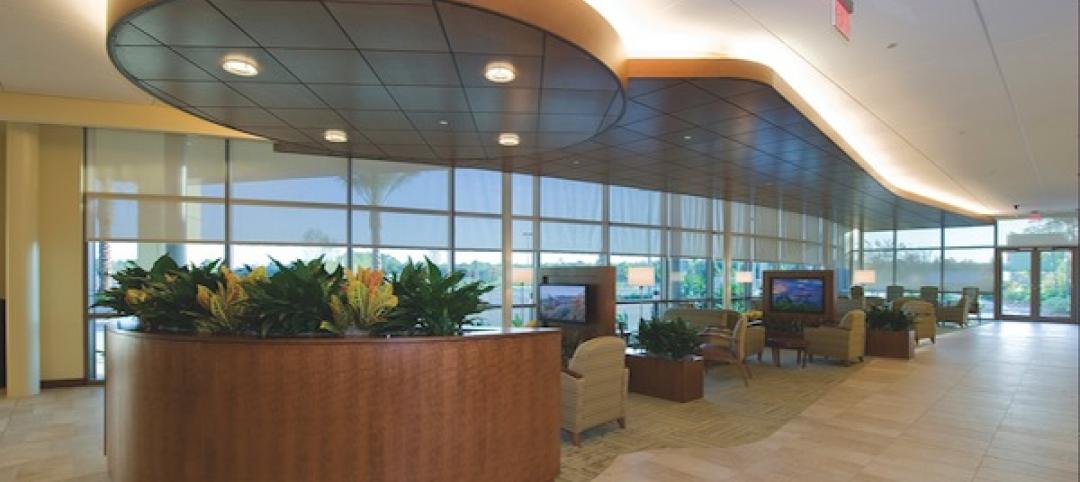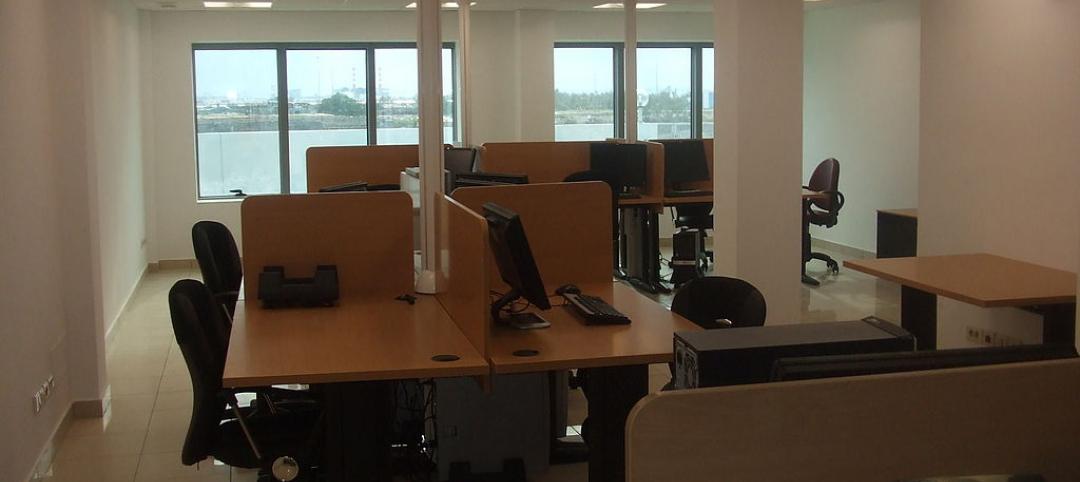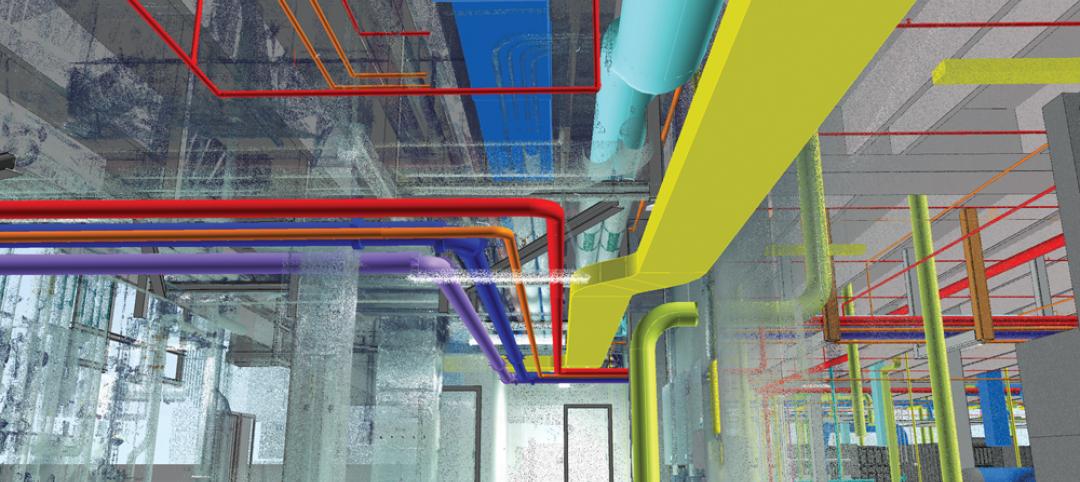The Getty Foundation announced a second series of grants for exemplary 20th century buildings as part of its Keeping It Modern initiative.
The latest grants for 14 projects in eight countries extend the program’s reach to new regions, ranging from Brazil to India. Each project is a model that reinforces the initiative’s focus on the conservation of modern architecture around the world.
The 14 projects selected to receive funding this year are:
• Frank Lloyd Wright’s Unity Temple
• Walter Gropius’ residence The Gropius House
• Erich Mendelsohn’s Einstein Tower
• Charles Rennie Mackintosh’s Hill House
• Pierre Jeanneret’s Gandhi Bhawan (Gandhi Center)
• João Batista Vilanova Artigas and Carlos Cascaldi’s School of Architecture and Urbanism at the University of São Paulo (FAUUSP)
• Marcel Breuer’s Saint John’s Abbey and University Church
• Gerrit Rietveld’s Schröder House
• Michel de Klerk’s Het Schip
• George Nakashima’s Arts Building and Cloister
• Giancarlo de Carlo "Collegi" buildings at the Università degli Studi di Urbino
• Paul Rudolph’s Jewett Arts Center at Wellesley College
• Jorge Ferreira’s Arthur Neiva Pavilion
• James Strutt’s residence The Strutt House
“Last year’s launch of Keeping It Modern emphasized that modern architecture is a defining artistic form of the 20th century at considerable risk, often due to the cutting-edge building materials that characterized the movement,” says Deborah Marrow, director of the Getty Foundation. “This new round of Keeping It Modern grants includes some of the finest examples of modern architecture in the world. The grant projects address challenges for the field of architectural conservation and will have impact far beyond the individual buildings to be conserved.”
The new Keeping It Modern grants focus on a number of pressing concerns within the conservation community, including the continued need for conservation planning for 20th century architecture, the call for models that demonstrate how to integrate conservation planning more comprehensively into the general stewardship of modernist buildings, and the lack of understanding about the aging and proper treatment of architectural concrete. The latter issue is being addressed in many of these projects.
“The use of concrete, while visually striking and radical for its time, has created a unique set of challenges for conserving some of the world’s most important modernist structures,” says Antoine Wilmering, senior program officer at the Getty Foundation. “Our new grants offer an excellent opportunity to advance research and conservation practices for this material. The accumulated knowledge that will result from the projects will be of tremendous benefit to the field.”
While the focus of Keeping It Modern is on conservation planning and research, exceptional projects that have the potential to serve as significant models for the preservation field may also be considered for implementation support. This year the Foundation is announcing the first Keeping It Modern grant at the implementation level to support the conservation of Frank Lloyd Wright’s celebrated Unity Temple in Oak Park, Illinois.
In the first year of Keeping It Modern, applications were by invitation only so that the Getty Foundation could demonstrate the type of project the initiative would support. The second year was an open call for proposals, and many high-quality projects were submitted for consideration. The projects were evaluated by an expert advisory committee that made recommendations based on a number of factors, including architectural significance, the strength of the work plan, international diversity, the potential to make a meaningful contribution to the field of conservation, and to serve as a model for conservation practice.
Keeping It Modern is part of the Getty’s strong overall commitment to modern architecture, as demonstrated by the Getty Conservation Institute’s Conserving Modern Architecture Initiative (CMAI), the extensive and growing architectural collections of the Getty Research Institute, and the 2013 Pacific Standard Time Presents: Modern Architecture initiative which focused on Los Angeles’ modern heritage. With these combined efforts, the Getty continues to advance the understanding and preservation of 20th century modern architecture.
Deadlines and criteria for the next round of Keeping It Modern applications will soon be announced on the Getty Foundation website atwww.getty.edu/foundation.
Related Stories
| Dec 28, 2014
10 key design interventions for a healthier, happier, and more productive workplace
Numerous studies and mountains of evidence confirm what common sense has long suggested: healthy, happier workers are more productive, more likely to collaborate with colleagues, and more likely to innovate in ways that benefit the bottom line, writes Gensler's Kirsten Ritchie.
| Dec 28, 2014
7 fresh retail design strategies
Generic ‘boxes’ and indifferent service won’t cut it with today’s savvy shoppers. Retailers are seeking a technology-rich-but-handmade vibe, plus greater speed to market and adaptability.
| Dec 28, 2014
Workplace design trends: Make way for the Millennials
Driven by changing work styles, mobile technology, and the growing presence of Millennials, today’s workplaces are changing, mostly for the better. We examine the top office design trends.
| Dec 28, 2014
AIA: Commercial glass façade and door systems
When it comes to selecting fenestration systems—particularly glass facades and door systems—a number of factors come into play, requiring a thorough evaluation of a project’s individual requirements.
| Dec 28, 2014
10 essential habits of successful architects
Want to take the next step as a design processional? John Gresko, Senior Project Architect with HDR, explores the traits that many great architects possess.
| Dec 28, 2014
10 unglamorous things architects do
An acquaintance recently asked me about the kinds of things I did on a day-to-day basis at work, anticipating a response loaded with enviable activities. She was wrong, writes HDR's John Gresko.
| Dec 28, 2014
New trends in ceiling designs and materials [AIA course]
A broad array of new and improved ceiling products offers designers everything from superior acoustics and closed-loop, recycled content to eased integration with lighting systems, HVAC diffusers, fire sprinkler heads, and other overhead problems. This course describes how Building Teams are exploring ways to go beyond the treatment of ceilings as white, monolithic planes.
| Dec 27, 2014
7 ways to enhance workplace mobility
The open work environment has allowed owners to house more employees in smaller spaces, minimizing the required real estate and capital costs. But, what about all of their wireless devices?
| Dec 27, 2014
'Core-first' construction technique cuts costs, saves time on NYC high-rise project
When Plaza Construction first introduced the concept of "core first" in managing the construction of a major office building, the procedure of pouring concrete prior to erecting a steel frame had never been done in New York City.
| Dec 23, 2014
5 tech trends transforming BIM/VDC
From energy modeling on the fly to prefabrication of building systems, these advancements are potential game changers for AEC firms that are serious about building information modeling.


